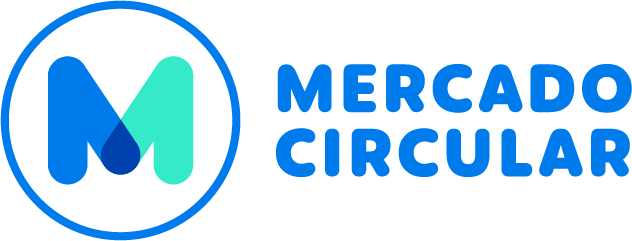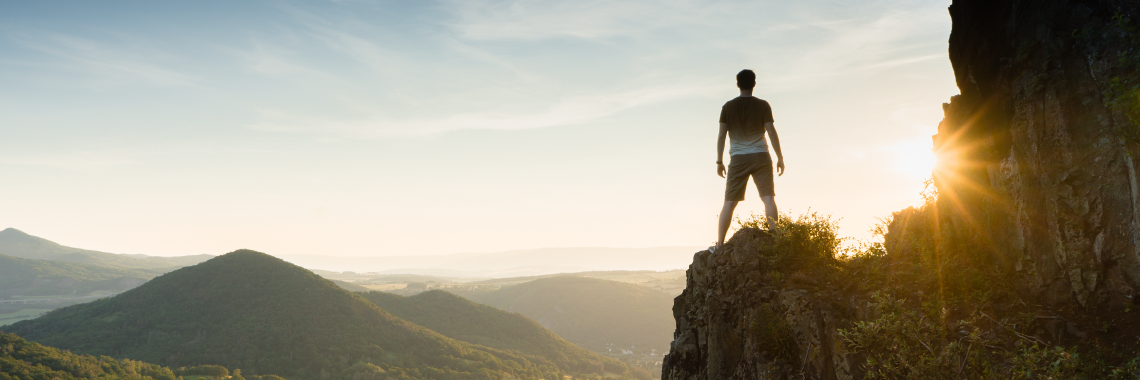The «Second Life» initiative offers high quality second-hand products at affordable prices, promoting sustainability and reuse in the sports sector
Transforming Sports Commerce with Sustainability
Decathlon Mexico has taken a significant step towards sustainability by implementing its circular economy model, called «Second Life.» This innovative initiative focuses on the marketing of second-hand products, allowing consumers to access high-quality and durable sporting goods at more affordable prices. This model not only reinforces the company’s commitment to sustainability, but also offers an economical and responsible alternative for sports enthusiasts in Mexico.
What is the «Second Life» Model?
Decathlon’s «Second Life» program is based on the revaluation of used products, ensuring that those items that still have a long way to go do not end up prematurely in waste. Through careful inspection and renewal, Decathlon ensures that these products meet quality and safety standards before being put back on the market.
Benefits of the Circular Model
The implementation of this model brings with it multiple benefits:
Waste Reduction: By giving a second life to products, Decathlon contributes to the reduction of waste, minimizing the environmental impact associated with the production and disposal of sporting goods.
Economic Accessibility: Consumers can access high-quality products at lower prices, making sport more accessible to a wider audience.
Promotion of Sustainability: This model promotes a sustainable mentality among consumers, encouraging reuse and maximum use of available resources.
A Model for the Future
Decathlon México not only joins the circular economy efforts, but also sets a precedent for other companies in the country and the world. The successful implementation of «Second Life» could inspire other sectors to adopt similar practices, moving towards a more sustainable and responsible future.
The Importance of the Circular Economy
The circular economy is based on the principle of keeping products, components and materials at their highest usefulness and value at all times, which contrasts with the traditional linear «use and throw away» model. By taking this approach, companies can not only reduce their environmental footprint, but also create economic and social value.
Decathlon Mexico’s «Second Life» model represents an important advance in the implementation of circular economy practices in the country. By marketing second-hand products, Decathlon not only offers a sustainable and accessible alternative for consumers, but also leads the way towards a more responsible future in sports retail.
To learn more details about this initiative and its benefits, we invite you to read the full article on Fashion Network.

